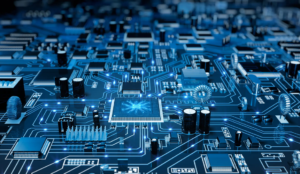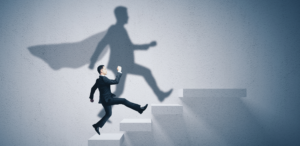Could multitasking, often considered as a strong sign of efficiency and productivity, be just an illusion?
Multitasking -the capability to perform several tasks in parallel- has been seen as the efficiency grail for decades. If multitasking can be extremely powerful, surveys reveal that the real secret of high-performing people is the capability to concentrate on just one task. At the opposite, multitasking strongly impacts personal productivity, estimated as about 1000 billion dollars loss for the US economy every year.
For Olivier Silboni, teacher in strategy at HEC Paris, we live in a world where potential distractions -and therefore loss of concentration- abound everytime and everywhere. Smartphones, social networks, noisy open space offices, are just some of them. Neurosurgeons estimate that every distraction requires 10 to 20 minutes to ‘recuperate’ the initial level of concentration. And when employees get a daily average of 95 emails, 55 SMSs, 20 calls and 100 notifications, we quickly understand how those distractions directly impact personal productivity and efficiency, and the stress it can generate.

Silboni is very clear: being hyperconnected 24 hours a day and 7 days a week is an addiction and not a sign of being trendy or geeky. Precisely, the Gafa geeks are known for adopting strict rules of disconnection during their working hours. Elon Musk, the emblematic founder of Tesla and SpaceX, can work 10 hours on a single task without taking any call, email or meeting. And most business people recognize that the ultimate place for delivering highly productive tasks is the airplane: no emails, no phones, no meetings, and one single task. I personally admit that the best business ideas I got and the best plans I made were all in the plane while crossing the ocean between Europe and the USA. Simply because that’s the only place I know where I can work 6 to 7 hours without any disruption, except the meals.
Today, the capability to perform one single task at once is a real asset in a career. And it just requires some self-discipline and adjustments. Firstly, a clean desk: all studies confirm that coping with the messy environment around us depletes our mental resources and concentration. Secondly: put your smartphone on ‘flight’ mode: your company will undoubtedly survive if you don’t take a call or read an sms in the next 3 hours. Same for Facebook, Twitter or LinkedIn: have the courage -preferably say the intelligence- to disactivate the notification functions that disturb you every 30 seconds. Thirdly: create red zones in your diary, during which you take no meeting, no call, no message, nothing. Those red zones are a real must to perform tasks that require maximal concentration – business plan, technology adoption roadmap, answer to RFP… In the same way, plan regular red zones for yourself and for your family, this is also a guarantee of strong mental and concentration wealth afterwards.
And if someone asks you why you didn’t reply to a call or email, you can simply answer that you were in airplane mode.
Author: Alain Vande Kerkhove – CEO at The ARC Group and a serial entrepreneur





